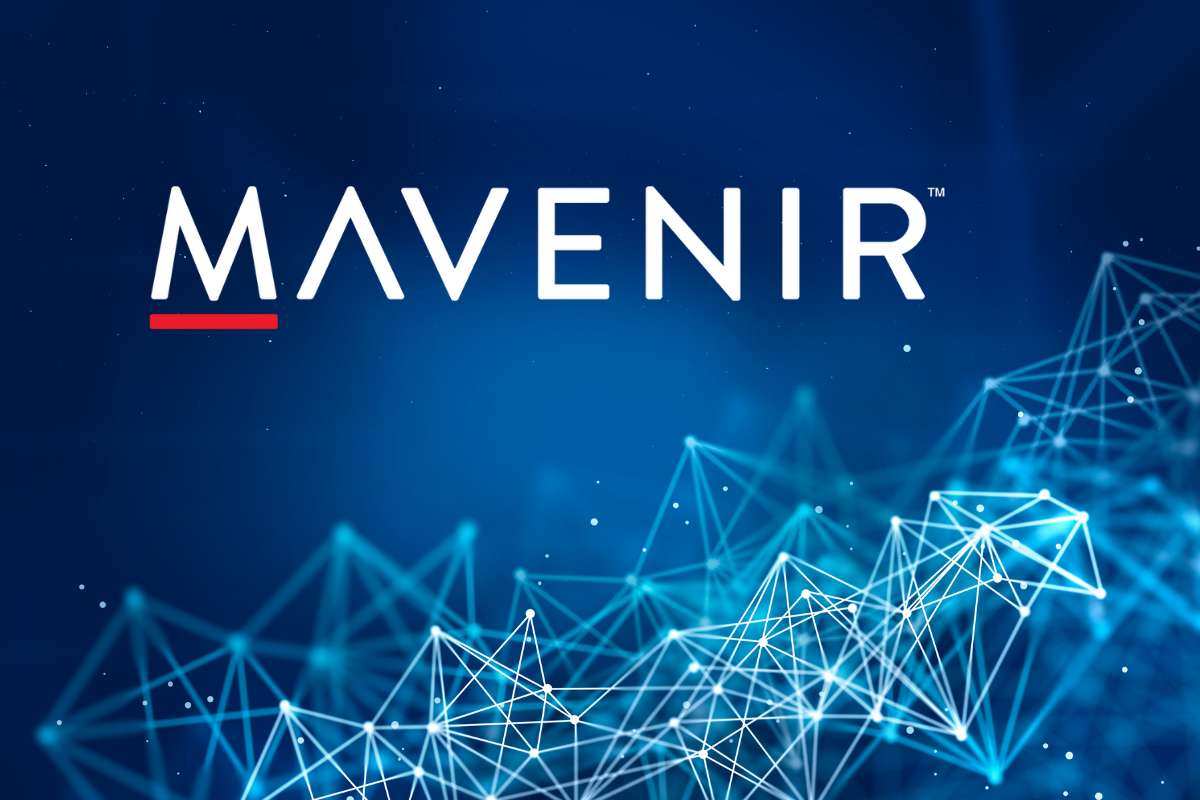
Mavenir, a cloud-native network infra company based out of the USA has just announced that it is working with Intel to integrate AI/ML into Open RAN solutions for better management of cell edge problems that affect consumer experience. Mavenir collaborated with Intel to showcase AI-enabled TDD 32TRX massive Multiple-Input Multiple-Output (MIMO) solution.
In a release, Mavenir confirmed that it has integrated Intel's RAN AI model which is trained on 3GPP channel model datasets. Further, Intel's RAN AI model optimises beam weights, direction, and number of layers to maximise UE throughput. Combined, the solution from Mavenir and Intel would be able to address significant challenges for radio environments such as cell edges and high-rise building scenarios, and this is applicable for both TDD and FDD deployments.
Read More - Mavenir in Advanced Phase of O-RAN Pilot Deployment for Vodafone Idea
Mavenir said that it will showcase this AI-enabled beam management solution at the upcoming India Mobile Congress (IMC) 2024 scheduled to be held between October 15-18, 2024.
"This latest collaboration between Mavenir and Intel highlights the compelling potential of AI/ML for enhancing Open RAN capabilities, promising greater network efficiency and an enhanced user experience. The integration of third-party innovative AI/ML algorithms with Mavenir's leading-edge commercial RAN software suite opens many exciting possibilities ahead to usher in faster innovation and advance the 5G Open RAN ecosystem. Our leadership in the Open RAN industry is enabling transformative partnerships such as our collaboration with Intel, which are paving the way for unique solutions to optimize network capabilities for the benefit of operators and end-users," said Bejoy Pankajakshan, Chief Technology and Strategy Officer, Mavenir.
Read More - Vodafone Idea Announces Enhancement of Network Capacity in Haryana
Telecom operators can use this solution to potentially improve the journey and experience of their customers. Both Mavenir and Intel will be present at the IMC 2024.















